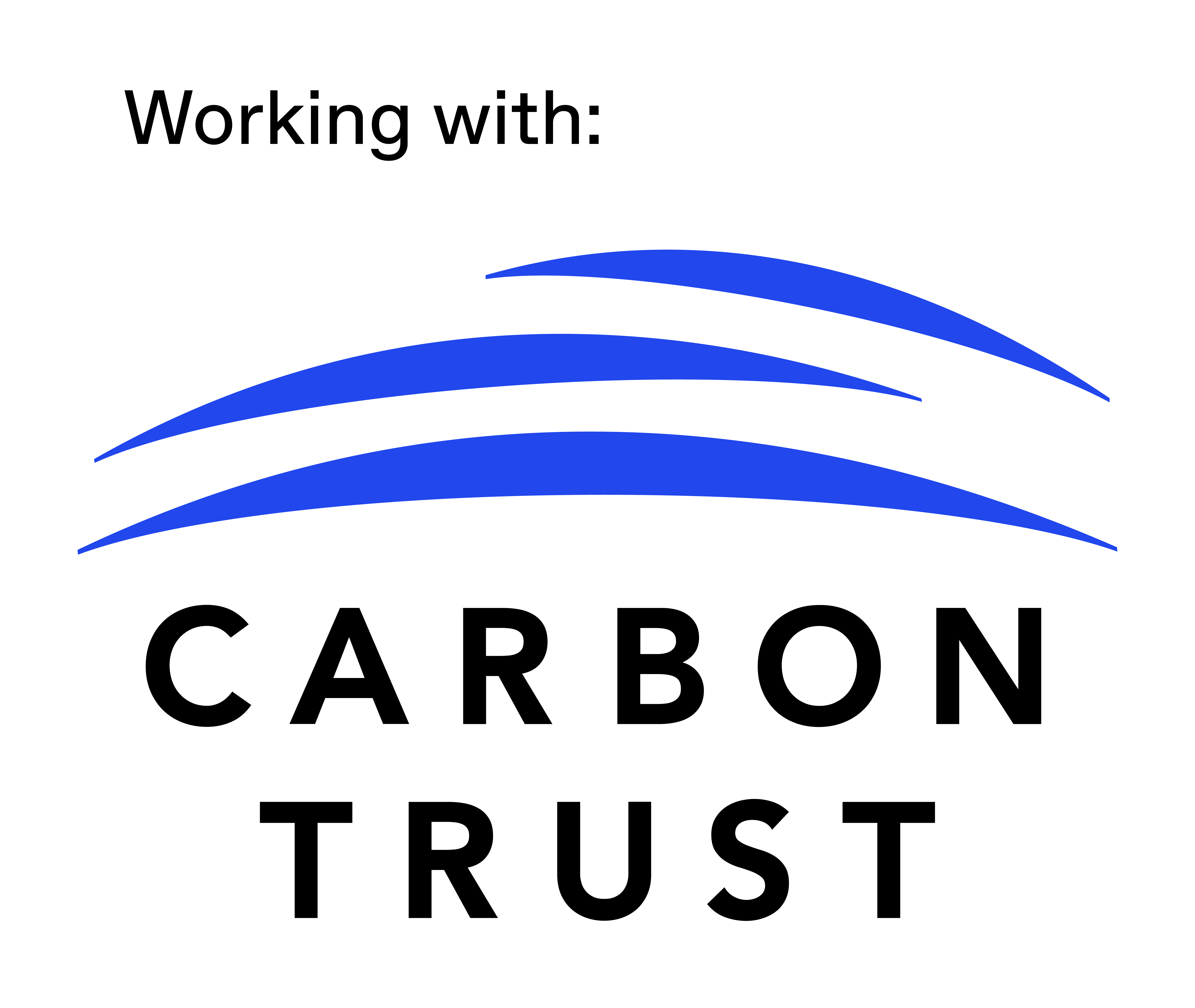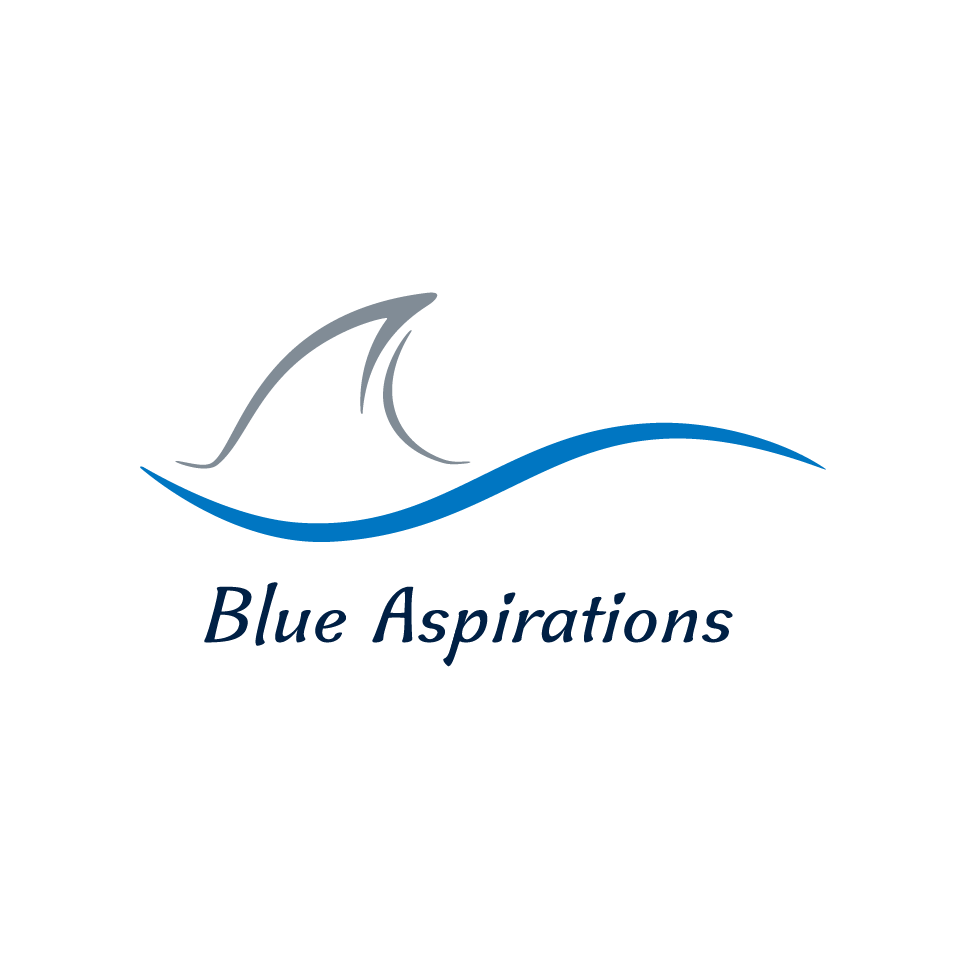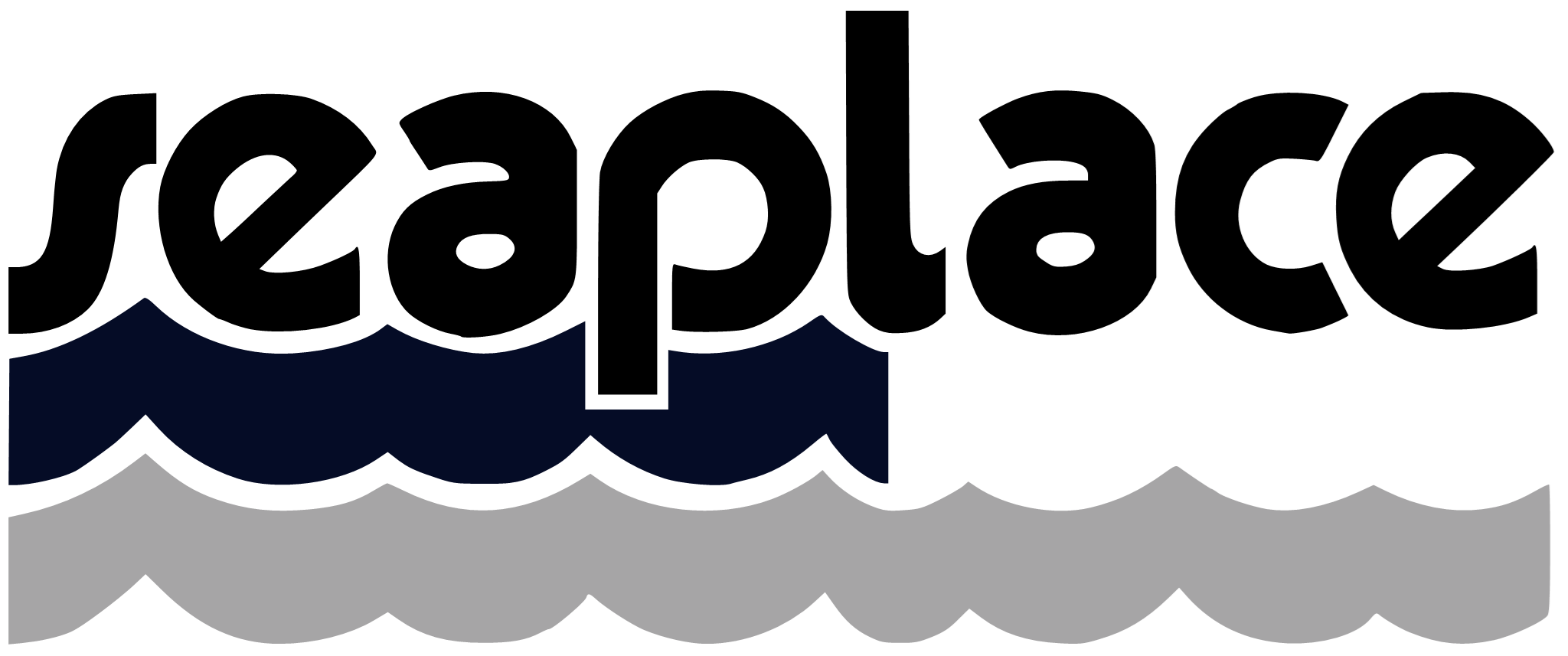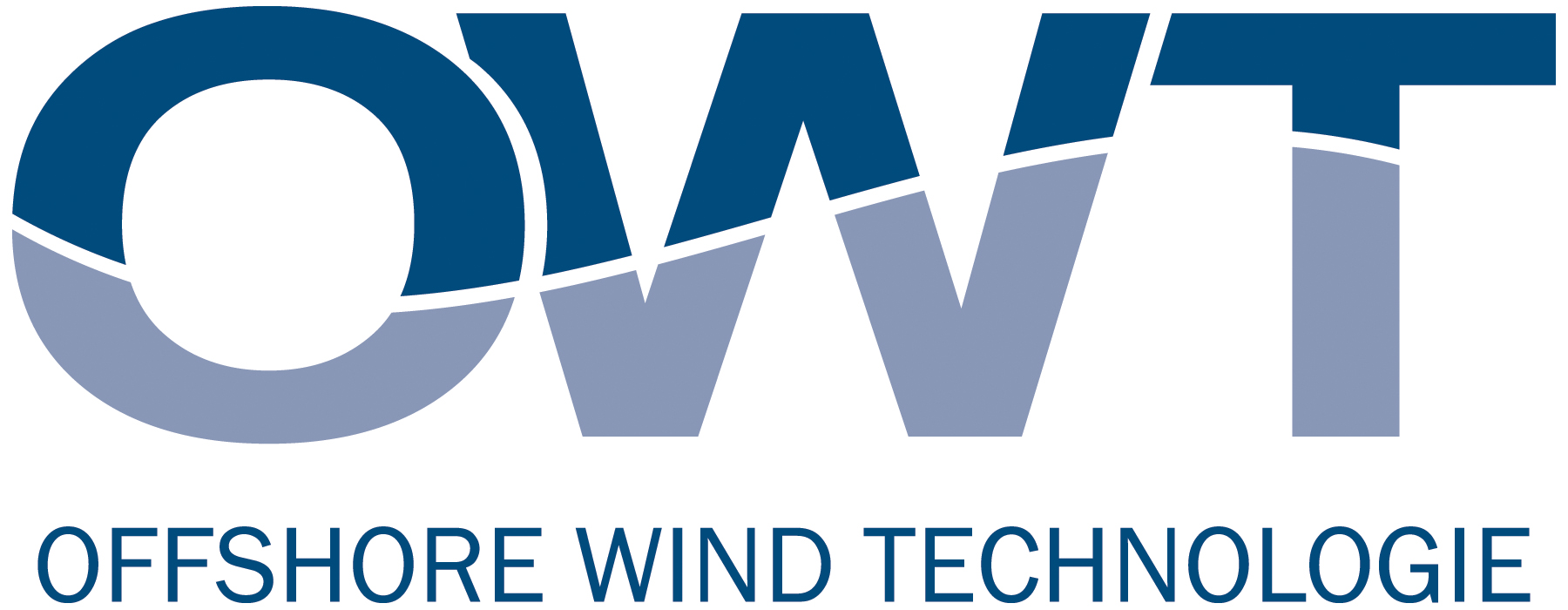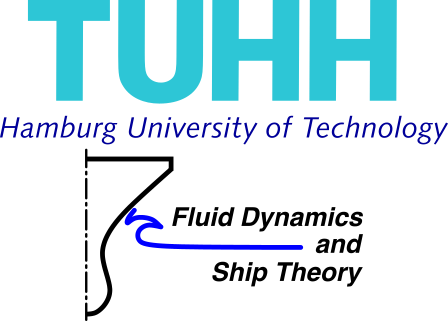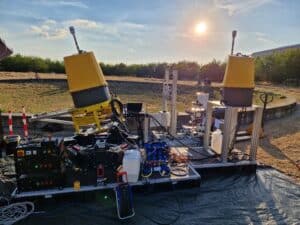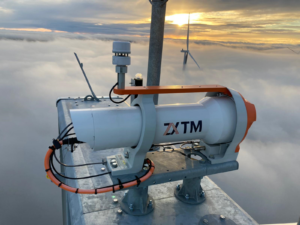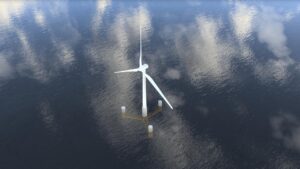The Neowind consortium comprising floating Lidar manufacturer EOLOS, wind energy consultancy sowento and the Stuttgart Wind Energy institute (SWE) of the University of Stuttgart, successfully completed the initial field testing phase for its collaborative Eurostars project.
On the test site of the University of Stuttgart and its test facilities, the consortium focused on the integration of the functionalities of Vertical and Scanning Lidars with advanced motion sensors. During the tests, the influences of different motions on the Lidar measurements were investigated by comparing the measurements to a reference unit. Figure 1 shows the test setup, where two vertical profiling ZX 300M Lidars are set up next to each other. At the same time, a prototype of an advanced scanning lidar developed in-house by the University of Stuttgart was used. One Lidar is mounted on a hexapod motion platform. With this platform, generic and prerecorded buoy motions are generated to have the Lidar measure as if it was mounted on a Lidar buoy. With the reference Lidar system, undisturbed measurements are available which allow for a clear comparison between the two systems and detailed analyses on the impact of different motion envelopes on the measurements.
“The test forms another important step in the development of high resolution motion compensation for a Lidar system which we develop within the project”, explains Steffen Raach, Managing Director of sowento. The work of the Neowind project reduces uncertainties in floating Lidar measurements and opens the possibility for statistical analysis of higher resolution, like 1 minute averages as well as a good estimation of turbulence intensity. “In the near future, more and more offshore applications will demand accurate wind measurements, not just for site assessment, but also to support installation, during wind farm operation or maintenance of wind turbine assets”, adds Holger Fürst, Lidar expert at University of Stuttgart.
The project has received funding through the Eurostars funding framework supported by the Bundesministerium für Bildung und Forschung.
